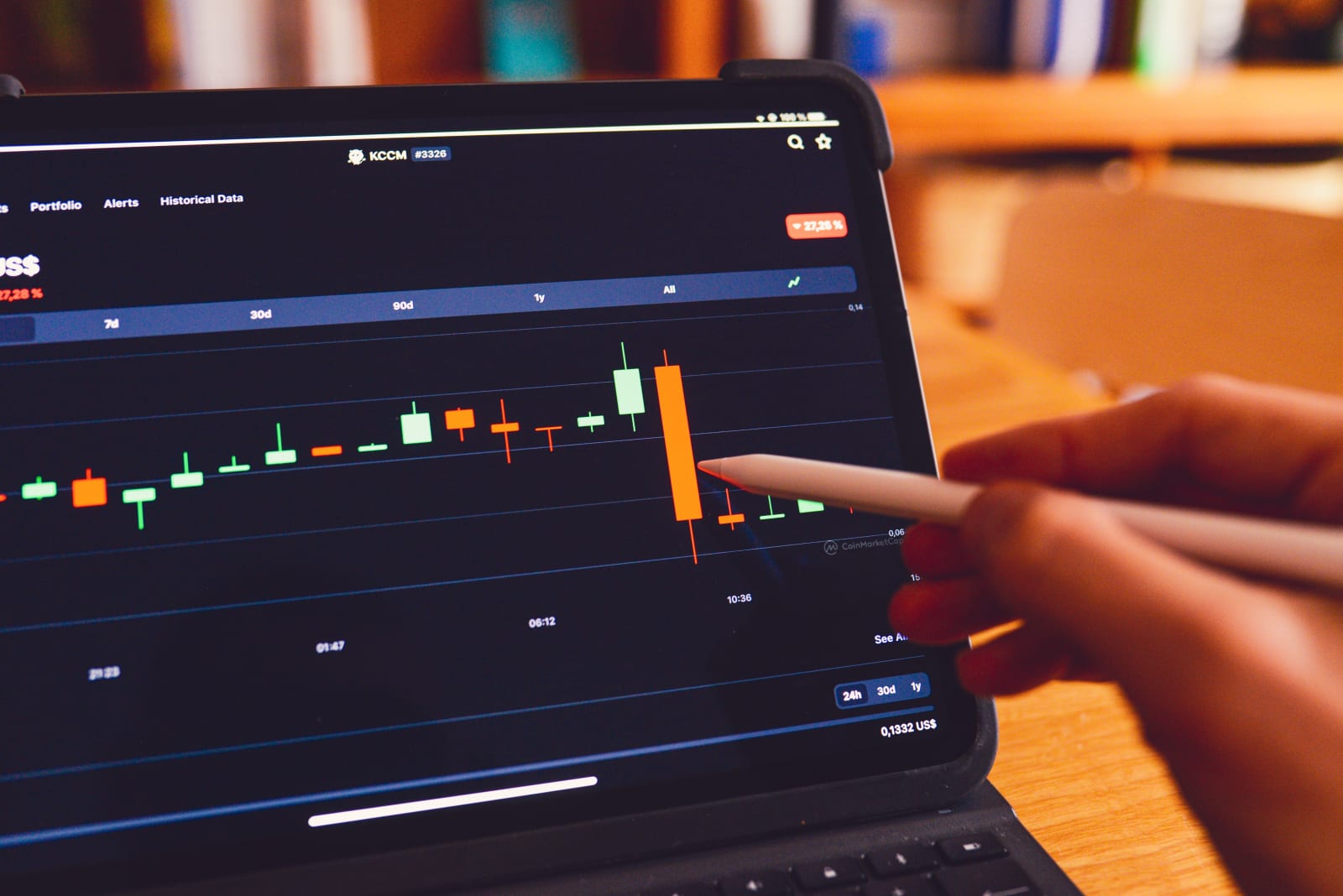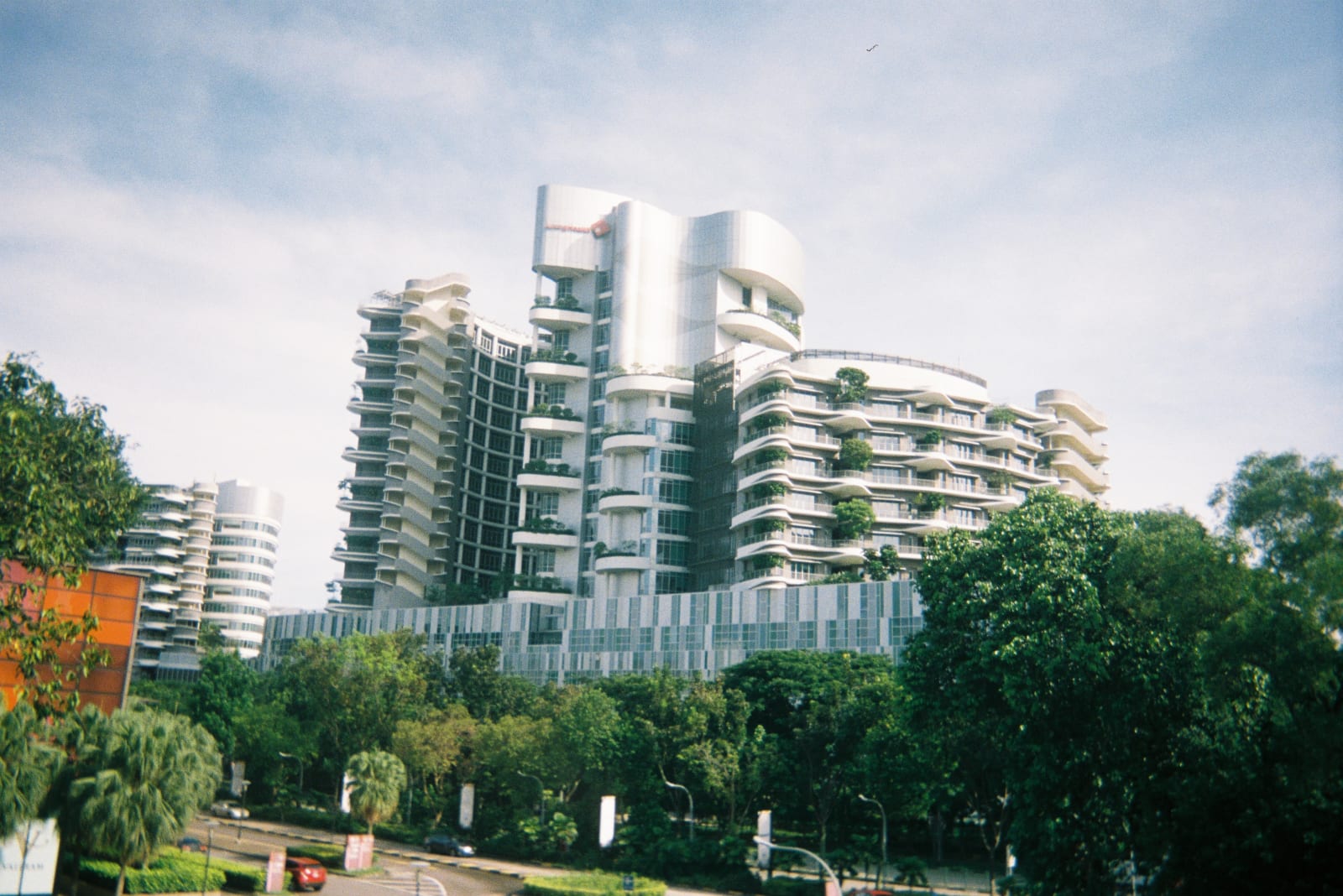Key Financial Trends of the Month (May 2023)
Inflation Slows, Paving the Way For the U.S. Fed to Pause Rate Hikes

The U.S. Federal Reserve announced in May an interest rate hike of just 25 basis points, much tamer than the 50 or 75 basis points put forth in the previous tightening rounds.
This is in line with U.S. inflation trends that continued its 10-month streak and dipped to a new low of 4.9%.
While still significantly higher than the Fed’s target of around 2% per year, the newest Consumer Price Index (CPI) reading represents a sharp drop from the heart-stopping 9.1% inflation seen last June.
What this may mean for you
The continued decrease in inflation could pave the way for the U.S. Fed to pause rate hikes for the rest of the year. This could bring much-needed relief from the relentless downward pressure that had been plaguing the financial markets for the past two years.
Closer to home, an easing off on rate hikes could see home mortgage rates in Singapore falling to more budget-friendly rates, allowing aspiring homeowners to resume their journey towards homeownership.
On the flipside, stagnant interest rates could have a cooling effect on the results of our local banks’, which enjoyed a bumper 2022. This could see dividend payouts return to more moderate levels in the second half of the year or early 2024.
HKEX Rolls Out New Dual-Counter Model in June
The Hong Kong Stock Exchange has announced a new dual-counter trading model. From 19 June, investors will be able to interchange securities listed in Hong Kong Dollar (HKD) and Renminbi (RMB).
This is expected to simplify the trading process for a growing number of U.S.-listed Chinese firms conducting secondary or primary listings in Hong Kong.
At the same time, the bourse will also launch its dual-counter market making programme aimed at increasing the liquidity of Renminbi counters and reducing price differences.
What this may mean for you
The increase in the number of Renminbi products will bring to investors interested in U.S.-listed Chinese firms greater choice and convenience.
Investors will also be able to trade holdings in one counter and receive proceeds in the other counter.
Lastly, the dual-counter model will also minimise price differences between HKD and RMB counters for better risk control.
SIA Group Posts Record Net Profit

For the fiscal year 2022/23, SIA Group achieved net profit of S$2.16 billion, a new record in its 76-year history. The result, announced earlier this month, was a stunning rebound from a loss of S$962 million a year earlier, ending three straight years of losses due to the pandemic.
This company credited its results to strong demand for air travel following the reopening of borders, which drove three key areas of revenue, operating profit and passenger load factor.
Importantly, the Group revealed that passenger load factor — a measure of how well airlines are loading passenger seats — increased by 55.3 percentage points to 85.4%; this was the highest in the company's history.
What this may mean for you Shareholders of SI Group had plenty to celebrate following the record-breaking year. Share prices rose to a three-year high of S$6.48 at the time of writing, and SIA Group announced a dividend of S$0.28 per share — bringing yield to 4.33%, closer to the range expected before the pandemic.
Moving forward, this convincing performance demonstrates that our national carrier remains a top choice among travellers, even as airlines jockey to capture the biggest slice of the revenge-tourism pie. This should see the Group to greater heights as travel recovers further, and investors stepping on board for the ride could be well rewarded.
Private Property Market Expected to Moderate

Singapore’s red-hot private real estate market is expected to cool down this year, with industry analysts expecting growth in prices to slow down to between 4% to 6%. This is in contrast to the 10.57% rise in the private property price index in 2021.
CBRE’s Tricia Song, stated that home prices are likely to “flatten out in the next few quarters” following the latest round of cooling measures which took effect on 27 April. She expects private home price growth to come at 3%, slower than the 8.6% seen in 2022.
"Barring widespread retrenchments and a sustained recession, a significant price correction is not expected given low unsold inventory and generally healthy household balance sheets,” she adds.
OrangTee’s Senior Vice President of Research and Analytics, Christine Sun, noted that the expected moderation of interest rates (see above) could also prompt more buyers to enter the market, propping up prices.
“Moreover, home prices have continued to rise even after each round of ABSD adjustments, based on historical trends,” Sun added.
What this could mean for you
If you’re in the market for a private property, now is the time to expand your search to increase your chances of landing a good deal.
But don’t be too hasty, as there is still a fair degree of macroeconomic uncertainties and the possibility of a tight financing environment due to interest rates remaining high.
**To ensure that you stay ahead of the curve, check out our roundup of the best brokerages and sign up for our newsletter and Telegram channel to receive the latest news and updates. **


